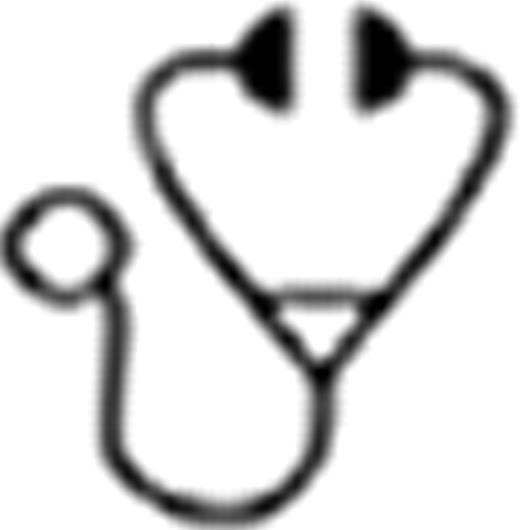Abstract
Congenital neutropenia syndromes comprise a heterogeneous group of disorders, whose genetic etiology remains often unknown. We describe a consanguineous pedigree with several affected individuals characterized by predisposition to recurrent and chronic bacterial and viral infections. Affected patients had chronic bronchitis/bronchiectasis, recurrent bacterial and herpes simplex skin infections, and disseminated warts associated with human papillomavirus and molluscum contagiosum virus. One patient developed a lymphoproliferative disorder associated with EBV-infection. Patients had congenital neutropenia with fluctuating absolute neutrophil granulocyte counts (180-4000/μl), yet no evidence of cyclic neutropenia. Immunophenotyping of peripheral blood revealed a paucity of peripheral T- and B-cells. Interestingly all patients showed evidences of autoimmunity.
In addition all affected patients had subtle and hemodynamically not relevant cardiac defects such as ASD-II (P1), patent foramen ovale (P2) and patent foramen ovale associated with mitral, tricuspid and pulmonary insufficiency (P3).
Genome-wide genotyping and linkage analysis of the index family yielded a LOD score of 4.3 on a linkage interval on chromosome 20. Candidate gene sequencing revealed a homozygous nonsense mutation in exon 7 of the gene STK4 (formerly MST1). STK4 is the human ortholog of Drosophila Hippo, the central constituent of a highly conserved pathway controlling cell growth and apoptosis. Isolated STK4-deficient lymphocytes and neutrophils of these patients exhibit enhanced loss of mitochondrial membrane potential and increased susceptibility to apoptosis in response to various proapoptotic stimuli. Lymphopenia and congenital neutropenia may therefore be a consequence of increased loss of peripheral lymphocytes and neutrophils, similar to other well defined monogenetic diseases of the immune system. STK4 deficiency is a novel human primary immunodeficiency syndrome and highlights the role of the HIPPO pathway for the development of the human immune and cardiac systems.
No relevant conflicts of interest to declare.

This icon denotes a clinically relevant abstract
Author notes
Asterisk with author names denotes non-ASH members.

This feature is available to Subscribers Only
Sign In or Create an Account Close Modal